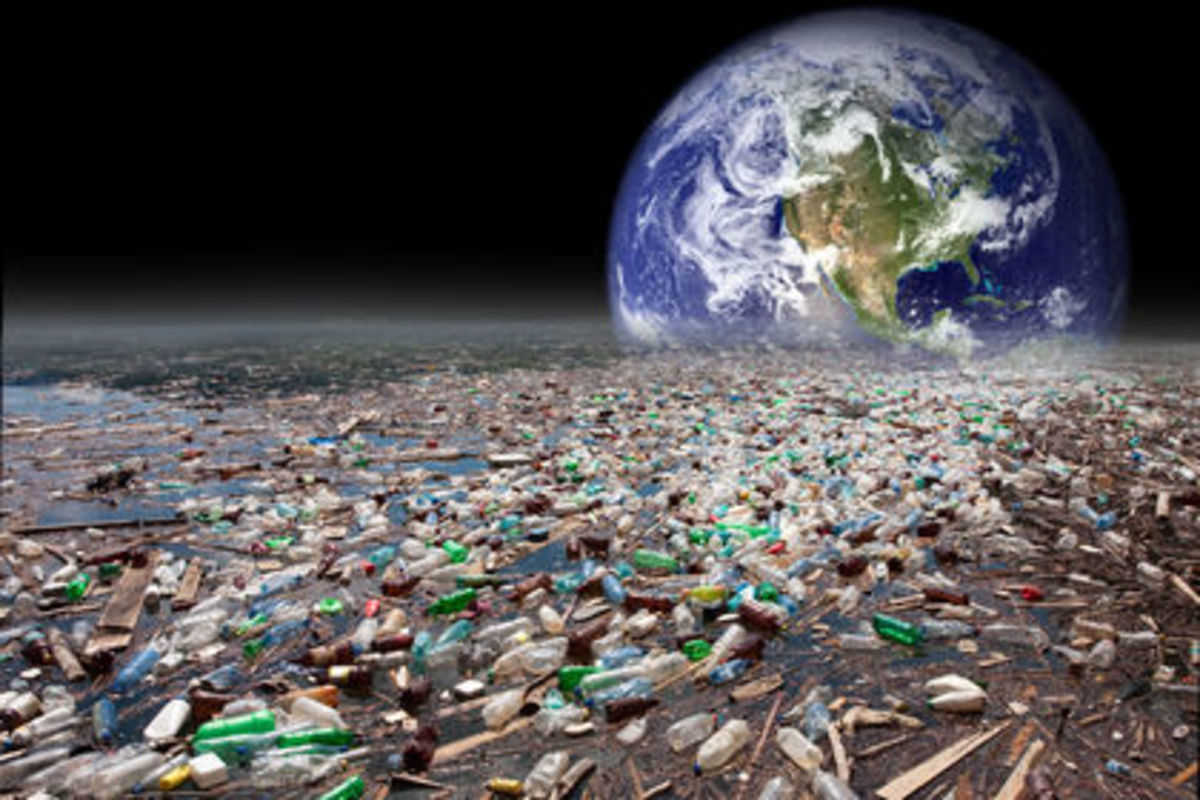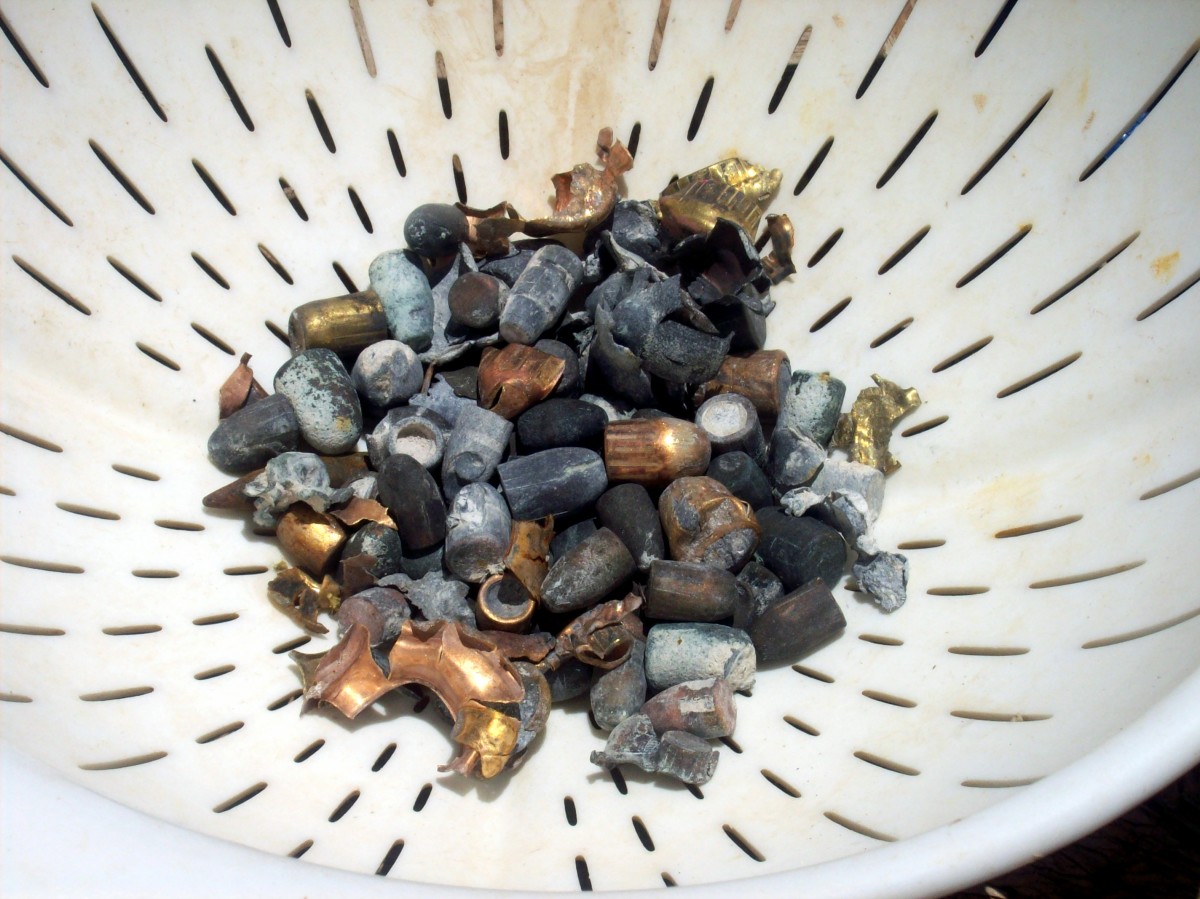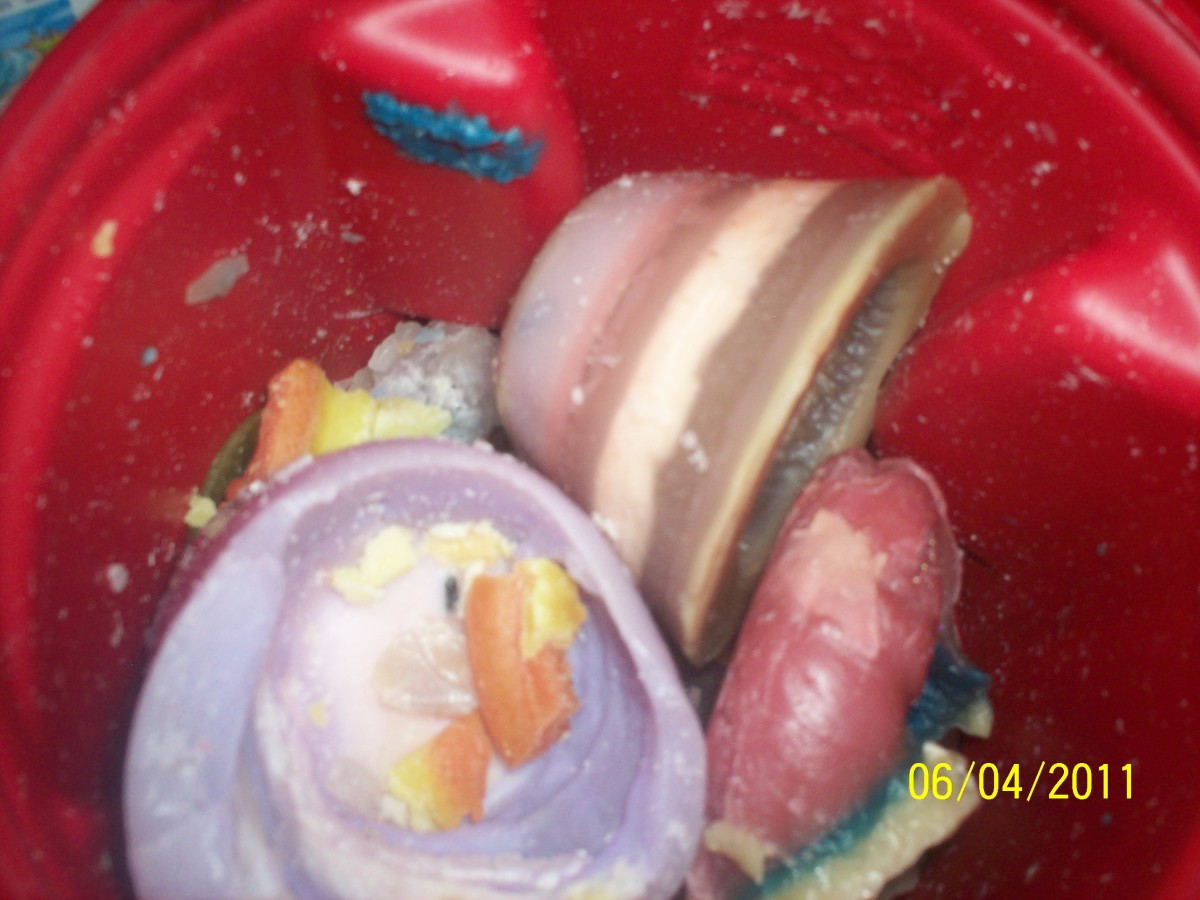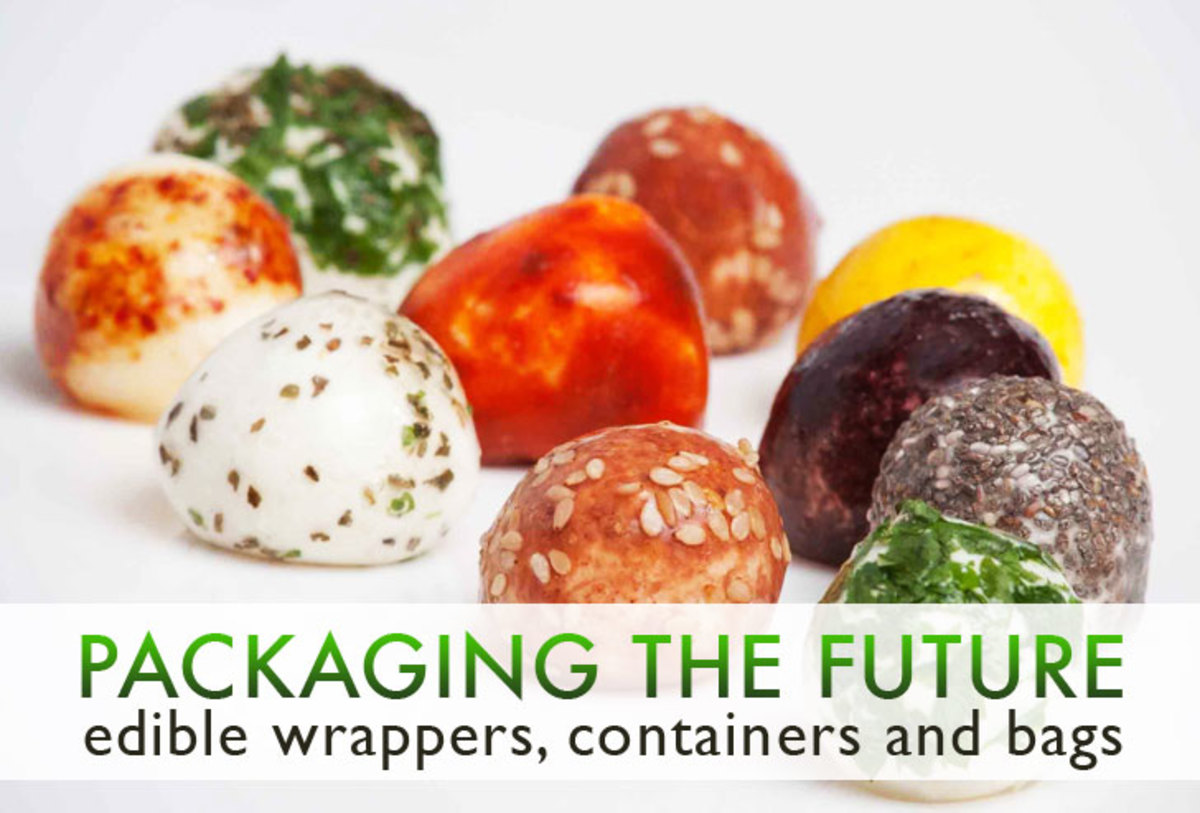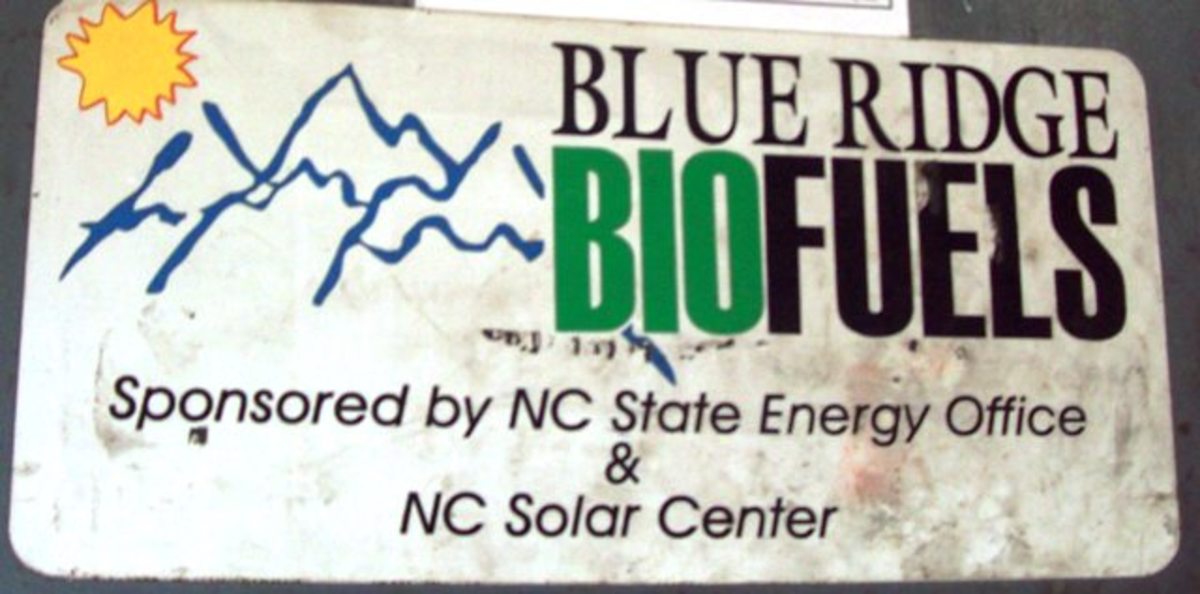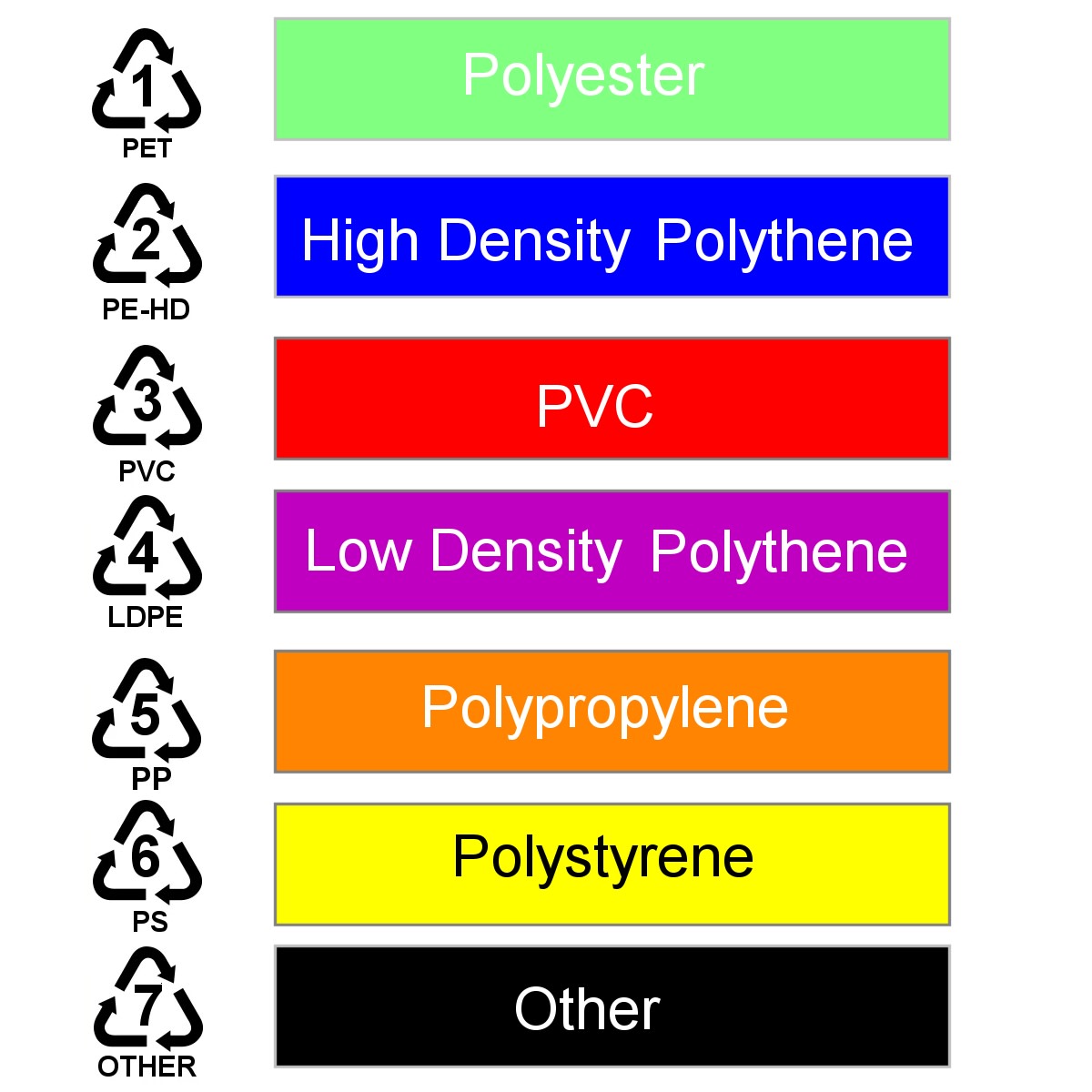Are You Throwing Away Household Waste: Why Not Recycle It
Sewage and garbage coming from homes have major impacts on the environment. This is the reason why monitoring and classifying the content of the wastes and adapting systems for gray water recycling become really important.
The 20 million tonne of municipal solid waste being produced in any city is buried in more or less controlled landfills or incinerated with consequent risks to the environment.
Landfills emanate carbon dioxide and methane gases that contribute to greenhouse gases and toxic substances leach into the soil and groundwater. Incinerators emit into the atmosphere heavy metals and dioxins, which are carcinogens.
Only a tiny part (about 10%) is classified for recycling, but the Waste Act requires changes to improve the situation: To reduce waste production, increase the volume to be recycled and composted organic matter (natural fertilizer). The three objectives can only be achieved with the collaboration of individuals and the involvement of higher authorities.
Concerning water, the main problem is that drinking water is used for all household uses: shower, toilet, washing machine, and dishwasher. This means it is a mess and we waste too much water.
What can we do about this?
There are many steps that individuals can take at home to reduce the impact of their litters (each person produces an average of 1.5 pounds of garbage per day). Let's enumerate a few:
Using durable and necessary objects
Consumerism and the "use and throw" translates into an excessive amount of garbage. Only to realize that many things going to waste in fact could not have come at home. Furthermore, the assets needed to be designed to last and should be repaired whenever possible instead of pulling and buy.
Reducing the use of packaged goods
Wrappers and packaging account for a large part of solid waste and non-organic materials are often difficult recyclables for example, plastics. The alternative is to buy fresh produce and bulk, wrapped in paper and paraffin, instead of plastic. The packs are suitable for wood, cardboard, and glass, if possible refillable or reusable. When going out for shopping, we have to always use the same bag and reject those offered commercially. Moreover, in India and many other countries, there is a strict ban on use of plastic bags.
Sort the trash
In the kitchen, you should have not only one but five containers for garbage, one for plastic and metal, another for paper and cardboard, another for glass, another for organic matter and another one for used batteries. In the long term, recycling waste and reducing environmental degradation produces large savings in raw materials and energy (to produce a glass bottle recycling requires only four percent of the energy needed to create a new one).
Make a compost
Government authorities and municipalities are required by law to develop composting organic waste. Just need to collect organic waste mixed with soil in a container. There should be home compost containers for this.
Recycle
Many objects can be restored or can serve other people such as furniture, clothes, books, computers, and other appliances. These can be delivered to non-governmental organizations that will give them new usefulness.
Use biodegradable materials
Natural materials have no problem compared to plastic or metal alloys. You can keep in mind that there should be garbage bags made with biodegradable and compost materials.
Gray water reuse
The water in the shower and the washing machine can be used to fill the tank of the toilet with a simple system. This means less pollution and save water. There should be systems to tap rainwater.
Treating wastewater
It is an option for homes that have a field: The gray water can be directed towards biological filters and scrubbers, sand, and then can be used for irrigation or for the pool to fill toilets.
Do not buy toxic products
Many of the products that are normally used in the home contain toxic ingredients that pollute the air and that sooner or later end up in the water which cause serious damage to nature. Enamels, detergents, paints, cosmetics, and varnishes consist of these harmful chemicals. Aerosols are especially dangerous when they reach the landfill or are incinerated. The alternative is to use natural and organic products.
This content is accurate and true to the best of the author’s knowledge and is not meant to substitute for formal and individualized advice from a qualified professional.
© 2009 Writing Coach -- Rajinder Soni

